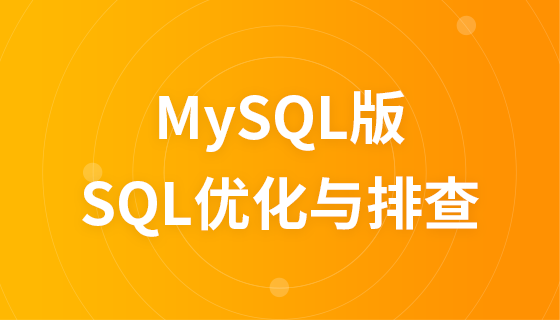PHP constants
After a constant value is defined, it cannot be changed anywhere else in the script.
PHP Constants
A constant is an identifier of a simple value. This value cannot be changed in the script.
A constant consists of English letters, underscores, and numbers (it is recommended to only use letters and underscores), but numbers cannot appear as the first letter. (The $ modifier is not required on the constant name).
Constant names can be lowercase, but are usually uppercase.
Constant names may not be quoted, but are usually quoted.
When calling a constant in a string, it must be outside the quotation marks.
Constants can be used throughout the script.
Set constants using the define() function. The function syntax is as follows:
bool define ( string $name , mixed $value [, bool $case_insensitive = false ] )
This function has three parameters:
name: required parameter, constant name, that is, identifier.
value: required parameter, value of constant.
case_insensitive: Optional parameter, if set to TRUE, this constant is case insensitive. The default is case-sensitive.
can be simply understood as:
define (constant name, constant value)
In the following example, we create a size-sensitive Write a constant, the constant value is "Welcome to php.cn":
'; echo greeting; // 输出 "greeting" ?>
In the following example, we create a case-insensitive constant, the constant value is "Welcome to php.cn":
Constants are global
After a constant is defined, it defaults to a global variable and can be used anywhere in the entire running script.
The following example demonstrates the use of constants within a function. Even if the constant is defined outside the function, the constant can be used normally.
We will learn about the definition of functions later. For related information, please refer to PHP function

![Front-end Vue3 actual combat [handwritten vue project]](https://img.php.cn/upload/course/000/000/068/639b12e98e0b5441.png)
![APIPOST tutorial [Popularization of technical concepts related to network communication]](https://img.php.cn/upload/course/000/000/068/63996f34c6c94370.png)










